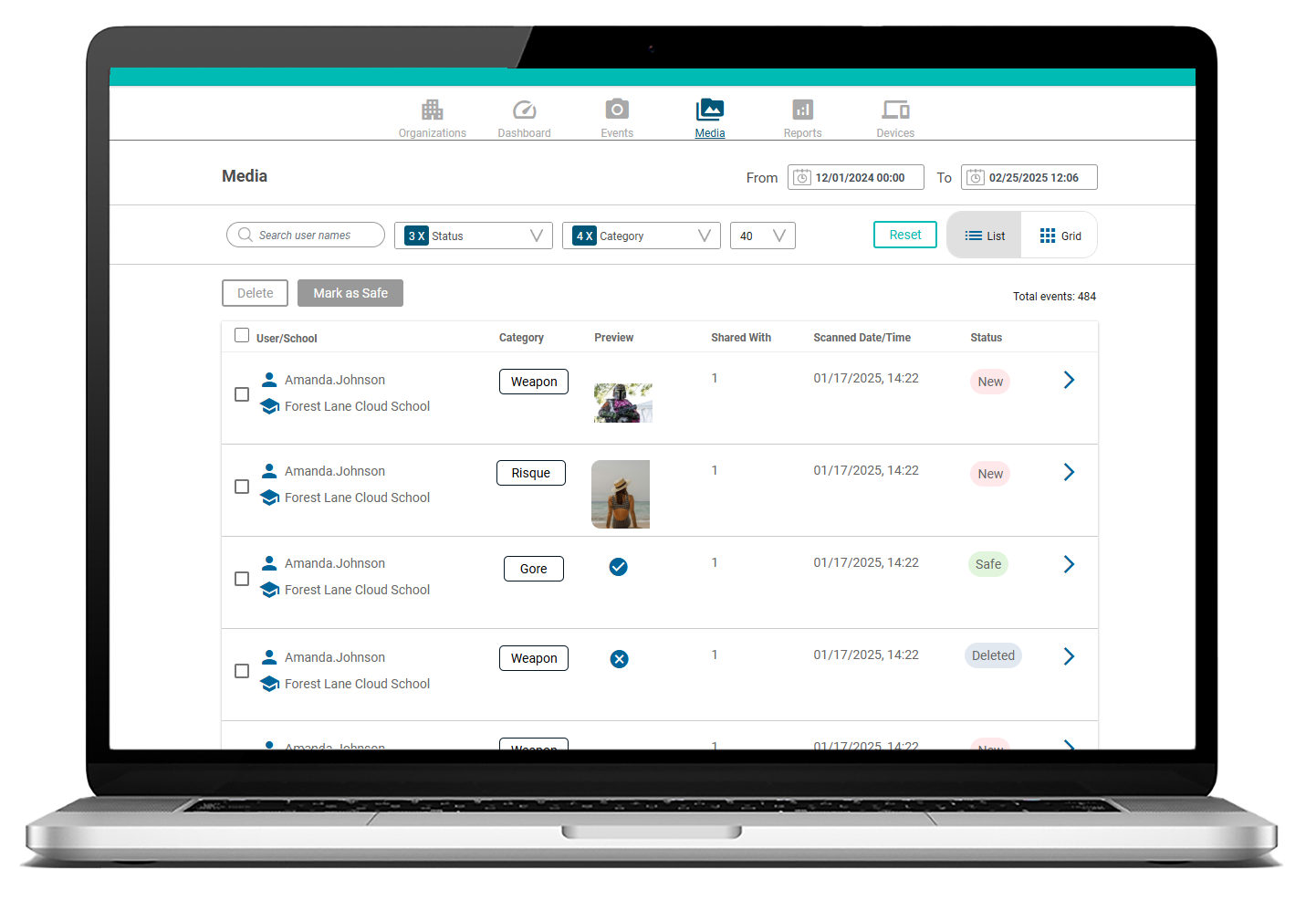Global study reveals Generation Alpha's growing influence on digital economy
A new global study conducted by digital payments company Checkout.com has revealed the growing financial influence of Generation Alpha, defined as children born after 2010, on household spending in the digital economy.
The report, which surveyed households across the UK, US, UAE, and China, provides insights into how younger generations are shaping consumption habits, particularly in digital products and services.
Generation Alpha’s role in household spending
Children aged 8-15 are driving over a quarter of their household’s monthly expenditure, with that figure rising to nearly a third for digital purchases.
Millennial parents are frequently responsible for making these purchases on behalf of their children, with 29% purchasing digital products such as e-gaming subscriptions and educational resources each month.
In the UK, 71% of children are already making independent purchases for non-essential items by age 15, with cards cited as the most common payment method. This trend reflects a broader global pattern, where children, particularly in countries like the UAE and China, take an active role in the digital economy.
The report also highlights several regional differences in how parents and children engage with the digital economy. In China, for instance, parents are most likely to invest in online educational resources for their children, with 59% of Millennial parents purchasing monthly subscriptions to digital learning tools. Meanwhile, in the UAE, 75% of children aged eight and above are making payments independently, a figure that rises to 92% for 15-year-olds.
In the US, a third of children use their pocket money to make in-app purchases, and social commerce is becoming an increasingly common channel for children and their parents. The study notes that social media is a critical source of product discovery for children worldwide, with nearly half of UK children and a majority in the US using these platforms to find deals.
Social commerce and emerging payment methods
The growing prominence of social commerce is particularly notable in China, where 46% of adults use social channels to purchase goods. This trend is even stronger among children in China, with 65% of 15-year-olds regularly engaging in social commerce. QR codes and digital wallets have also become the preferred payment methods for these young consumers.
While Buy Now, Pay Later (BNPL) services remain a small part of the picture globally, there are signs of uptake among older children in countries like the UAE (11%) and China (19%). However, the use of BNPL among children in the UK is still less than 1%. Even Apple Watches and Apple Watch bands mean methods to make these payments aren’t hard to access.
Generation Alpha's influence extends beyond entertainment and gaming. Nearly half (of parents globally purchase digital educational resources for their children. In the UK, parents are particularly focused on continuing these purchases for their teenagers, reflecting the growing importance of digital tools in education. The findings suggest a growing reliance on educational technology to support learning outside the traditional classroom environment.
As Rory O'Neill, Chief Marketing Officer at Checkout.com, stated: “It’s clear that Generation Alpha is playing a major role in the digital economy. The younger generation is going beyond using social channels for discovery, but actually purchasing through these platforms.
We're seeing this unfold in China, which should always be considered the blueprint for future commerce. “Whatsmore, businesses need to pay close attention to customer preferences for payment - across all generations - in order to drive growth and loyalty in this fast-changing and competitive market.”





















